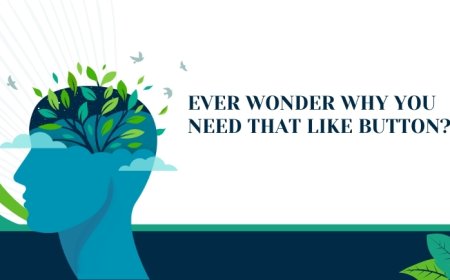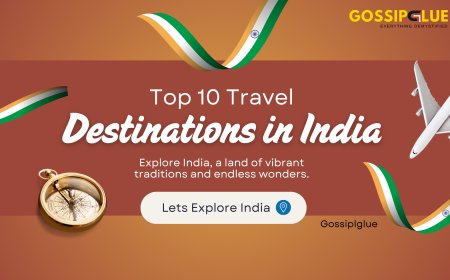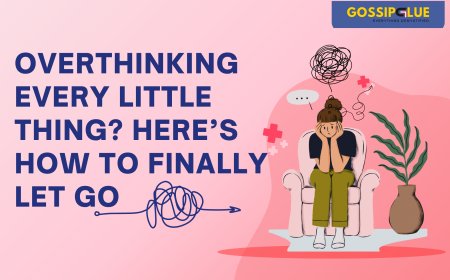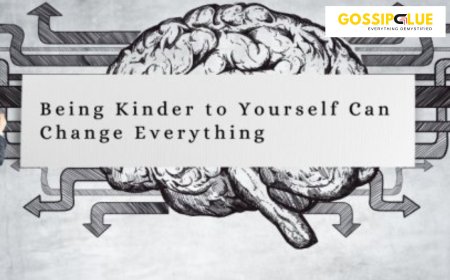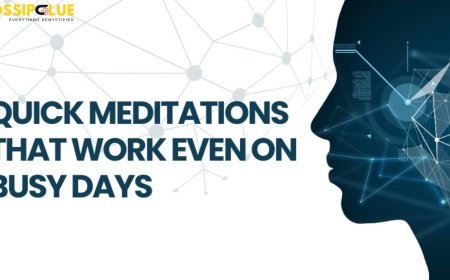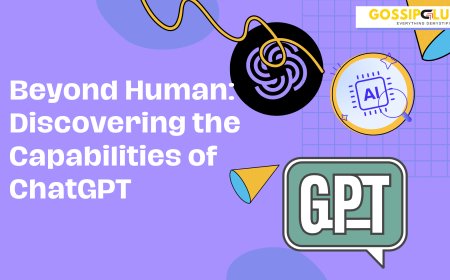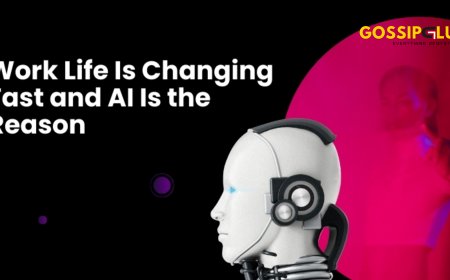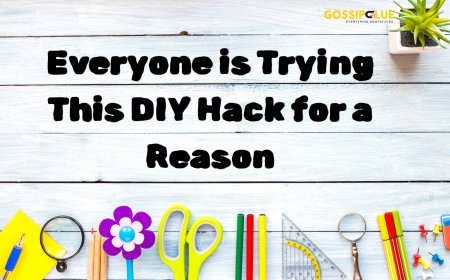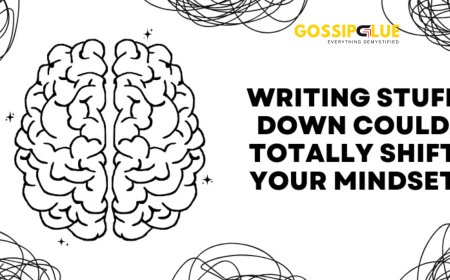Embrace Individuality in the Journey of Self-Discovery
Let's discover the power of self-discovery through self-sufficiency, healing, self-reliance and setting boundaries to build a fulfilled inner life.
Self-Discovery: Understanding the Inner Self
Self-discovery is the process of learning about our own thoughts, feelings, values and motivation. It is understanding who we really are, what makes and breaks us and what brings us joy and fulfillment.
The journey of self-discovery involves self-reflection, exploring new experiences, self-sufficiency, understanding the relationship between self-reliance and autonomy and the power of spirituality, identifying strengths and weaknesses, healing from our past traumas, accepting who we really are and aligning goals to our own self and stepping towards new experiences.
One can achieve personal growth and fulfillment. Self-discovery increases our self-awareness, improves decision-making and helps in building stronger relationship with self and others. Self-discovery is understanding our inner self.
The “journey within” is the continuous process of self-discovery. It is an exploration to understand our thoughts, how we perceive the world, how we feel our emotions and regulate behavior. It’s uncovering who we are without the presence of any human being or societal influences. The “journey within” isn’t just a destination but a lifelong path of introspecting growth, reflection and finding ourselves.
The String Connecting Self-Discovery and Self-Exploration
The Power of Self-Sufficiency
Self-sufficiency is the ability to provide our own needs without relying on external sources. Self-sufficiency matters because it regulates independence, resilience and a strength of empowerment.
Self-sufficiency helps to manage one’s own affairs and provide enough for ourself which boosts self-esteem and emotional-wellbeing. It focuses on the concept of individuality.
Self sufficiency isn’t just about being independent but about building a more resilient, loving and fulfilling life, both individually and collectively.
We humans lean on to others for advice, emotional validation, financial support, or help with daily needs. Be it from our parents, friends, partners or other people. It is comforting to know there is always someone who got your back. But the truth is, we fall into this cycle of dependency without even realizing it and this dependency holds us back. Hence, it is important to be self-sufficient to take charge of our own lives.
To be self-sufficient, we need to:
Embrace solitude:
Being alone and being lonely are two different concepts. Being alone isn’t a negative factor. It lets an individual to process thoughts and spend time with oneself. Being lonely is the feeling of isolation and left out which is triggering to human experiences. One has to embrace the feeling of individuality. It gives us the free will and space to be who we are without the feeling of being judged.
Increase self-awareness:
We, as humans have our own strengths and weaknesses. Therefore, its important to know and understand our strengths and weaknesses and think about how to change or fix it. No, it isn’t wrong to have weaknesses, but its important to keep it hidden from the world to protect our own peace.
Growth mindset:
A key to be self-sufficient is to be open-minded. To become an open book, we need to be flexible to adapt in any scenario and be open to learning and accepting. Growth mindset helps one to broaden the mind and understand how the world is and how the people around perceive it. It gives one the answer to what is wrong and right.
The Relationship Between Self-Reliance and Autonomy and the need of Setting Boundaries
Self-reliance and autonomy are closely related concepts. Self-reliance helps one to manage own needs, both practically and emotionally without being excessive dependent on others for support and validation.
Autonomy is the practice of self-governance and independent decision making. Autonomy gives us the freedom to choose and live our actions, behaviors and life path.
While self-reliance emphasizes on being on our own, it doesn’t mean complete isolation. Individuals can be self-reliant while engaging in a healthy, growing and interdependent relationships.
Autonomy is a key component of self-reliance. It allows us to:
Embrace responsibility:
We need to take on our duties and responsibilities and take decisions to enhance our living rather than running away from it. Our lives are based on our own decisions and responsibilities.
Learn to say “No”:
We humans often are people pleasing and do not tend to reject them. We go with the flow and go along with others while they take decisions for us. However, it is important to say NO when we find ourselves in a tough decision and do not want to go or face any certain things or plans. It sets boundaries.
Setting boundaries is as important as being self-sufficient and autonomous. We can set boundaries by:
Setting clear expectations:
We should not be expecting too much from anyone or letting others have the hope of something great to happen and should being neutral about the whole situation.
Saying “No”:
Saying “No” lets others understand their limit or boundaries to be aware about. It gives individuals on either side a clarity.
Communicating openly and honestly:
One should never be afraid of putting thoughts and opinions openly and out there. However, it is important to know our own boundary to not offend or hurt anyone with what we say.
Read more about setting boundaries here.
Practicing Shadow Work: The Hidden Side of Self-Discovery
Shadow work is a practice focused on exploring and integrating the unfolded parts of oneself, known as “shadow”. It is identifying, acknowledging and accepting the aspects of our life to regulate self-awareness, personal growth and emotional well-being.
Shadow work is understanding the undesirable aspects of our personality like anger, jealousy or shame. This is undesirable either to self or the society. However, there are unexpected positive desires, talents and potential to be unfolded.
Both the desirable and undesirable emotions emerge due to our past experience, trauma, childhood struggle, upbringing, personal beliefs and social conditioning.
Journaling
Journaling refers to the practice of writing thoughts, free writing, goal setting, reflecting on an incident or on daily events. It helps to understand our behavioral patters better and track our emotions and growth.
Healing
Healing is the holistic approach of physical, emotional and spiritual well-being. The aim is to let go of past traumas and look ahead for what is coming at us and be ready to feel and face it. Healing is never a short process. It is a lengthy and life-long process to let go of the unhealed and deeply cut scars on our head.
Meditation
Meditation is the process of finding a quiet place to sit and make ourselves feel comfortable and focusing on our breathing or chanting a mantra. It allows one to let go the feeling of being overwhelmed and connect with the nature.
Self-care alone
Practicing self-care alone is a very crucial and best way to connect with ourselves. It helps us to understand ourselves better and give us the space to feel and process our emotions. Self-care activities can be very basic like getting proper sleep, eating healthy, staying hydrated, exercising and can be very exciting like taking a long shower or bath with our favorite bath and body products to feel fresh, going out for a walk in nearby park or where we live and connecting with the nature while we listen to our favorite songs, going out on solo dates to try out new cafes or our favorite cuisine or dishes and doing activities that gives us the freedom to feel like ourselves.
Spirituality
Spirituality is the practice to build a deeper connection with the higher power. It gives us the sense of purpose and helps us to connect to our inner-self. It can be achieved by practicing yoga, meditation, chanting a mantra or reading any spiritual book.
Read about how to get rid of identity crisis and find yourself here.
Embrace New Experiences for Self-Discovery
Comfort zone is a space where one feels safe and in control. But it limits the opportunity of growth. Therefore, it is very important to come out of the comfort zone. We can start by identifying our patterns, and what is triggering our feelings, trauma or discomfort/anxiety. Them, starting by taking small yet manageable steps. The goal is to identify and challenging our own fears and to have a growth mindset and view the challenge as an opportunity of growth.
We, humans tend to make mistakes. Hence, its important to learn from them and correct ourselves. If we feel alone in this journey, we can always look for a buddy with shared goals and be inter-dependent to each other in this journey of growing. Coming out of the comfort zone and embracing new experiences gives us the adaptability, resilience and helps us to develop new skills.
Read about rewiring brain for happiness here.
Self-Discovery as a Lifelong Commitment
The journey of self-discovery is a lifelong path of understanding, accepting and evolving into our true selves. It starts from self-reflection and extends to self-sufficiency, autonomy, practicing spirituality and emotional well-being.
Self-discovery allows us to acknowledge both our light and shadow without judgement. This inner journey of self-discovery empowers to break free from societal expectations and find peace in our individuality.
What's Your Reaction?
 Like
2
Like
2
 Dislike
0
Dislike
0
 Love
0
Love
0
 Funny
0
Funny
0
 Angry
0
Angry
0
 Sad
0
Sad
0
 Wow
0
Wow
0


